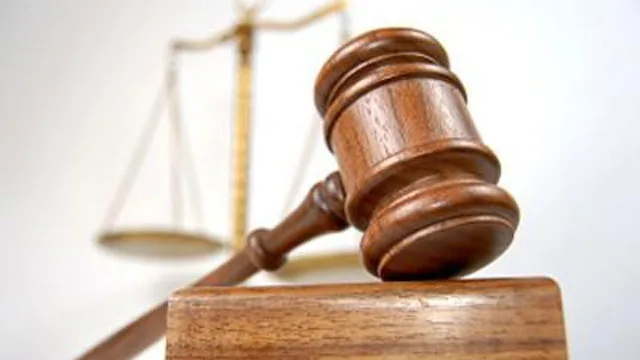
(NewsNation) — In what would be a significant change to the California criminal justice system, a bill that could soon become law requires judges to consider an individual’s race when determining their sentencing for criminal offenses.
Effectively, the legislation would treat criminals of different races differently for the same offenses.
Authored by Assemblyman Reggie Jones Sawyer, who represents crime-ridden areas of Los Angeles, the bill aims to address racial disparities and inequalities within the criminal justice system.
Bill 8562 aims to rectify the historical racial bias that has permeated the criminal justice system in California, according to the legislation.
Proponents argue that acknowledging race during sentencing could help address the disproportionate impact of the justice system on minority communities and promote fairness.
The bill has sparked controversy and debate.
DaQuawn Bruce, executive director of Concerned Communities for America, expressed concerns that the bill could result in harsher sentences for black Americans, saying the state can “absolutely not” make up for the past by changing the sentences of new criminals.
“Unfortunately, while this may be a good-intentioned bill, we’ve seen time and time again that when you take into account matters of race, there’s always going to be someone, mostly black Americans, who will be prosecuted to the fullest and more harsh extent of that law,” Bruce said. “All this is doing is codifying in law what judges have been doing for generations.”
By taking into account an individual’s race, proponents of the bill argue that it would help reduce the disproportionate impact of the justice system on minority communities.
Civil rights attorney Robert Patillo defended the bill by highlighting the historical context of racial bias in sentencing.
“There’s always unconscious bias in our criminal justice system,” Patillo said. “What this law is intended to do is try to rectify that by making sure in discretionary cases judges are able to take into consideration whether they’re unconscious bias is affecting their ability to be unbiased in sentencing.”
Critics say that factors such as the nature of the crime and the offender’s criminal history should be the primary considerations in sentencing decisions.
“The losing end to all these policies are the law-abiding citizens,” Bruce said, “who unfortunately become the victims.”

